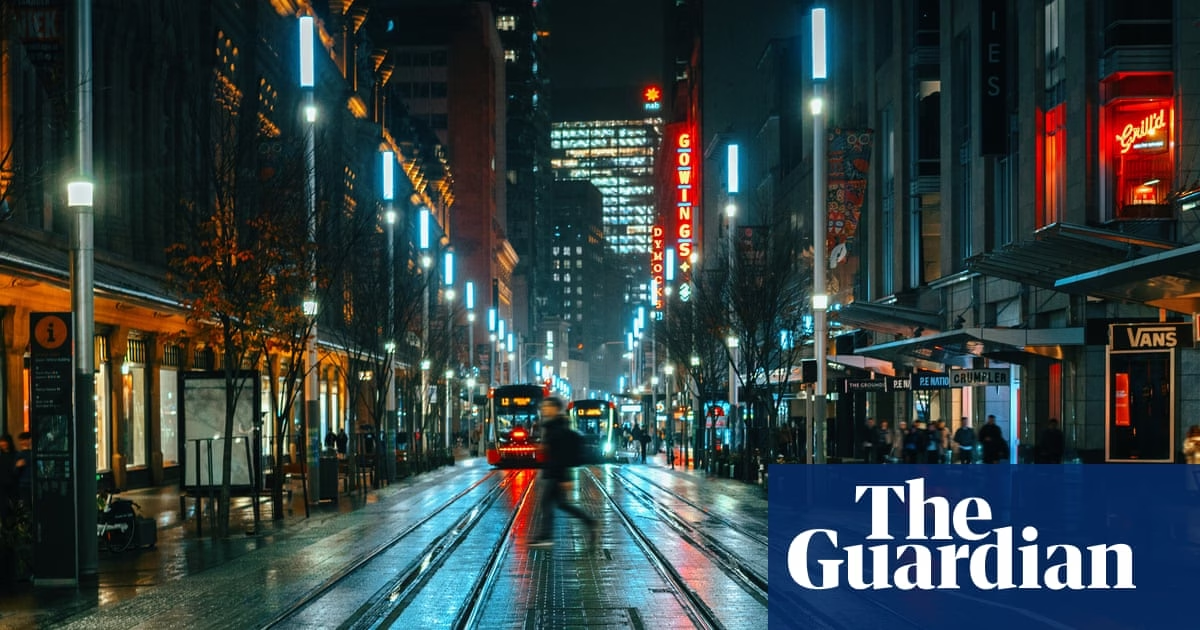In New South Wales, the end of daylight saving disrupts the rhythm of social and economic engagement. As clocks return to standard time, the reduction in evening daylight results in decreased activity across various metrics, including night-time mobility and spending, according to government data. This trend is notably pronounced in contrast to the increased night-time activity observed during the period of extended daylight hours. Notably, these changes reveal that people are more inclined to use public transport during evenings with more daylight, possibly due to the perceived safety and comfort associated with well-lit environments. Between the final week of daylight saving and the corresponding period after the clock change, night-time trips on public transport networks, such as the Opal network, significantly decrease. Additionally, in-person spending at businesses like restaurants and bars drops considerably. The earlier descent into darkness not only influences how people move about the city but also affects their spending habits, pointing to the role of daylight hours in enhancing economic activity. The data underscores the benefits of daylight saving in fostering economic growth, with the absence of the extra hour leading to an overall decline in night-time engagements. The shift back to standard time disproportionately impacts weekend leisure and social activities, suggesting a reliance on daylight for these pursuits. However, the resumption of daylight saving indicates the potential for economic and social rejuvenation, highlighting the significant impact of daylight hours on community behavior and the importance of considering these factors in public policy discussions.
Source: https://www.theguardian.com/australia-news/2025/jun/14/daylight-saving-affects-transport-economy-mobility–nsw-data







